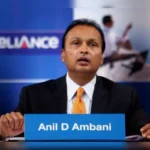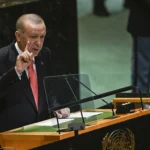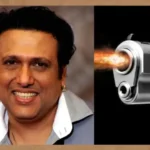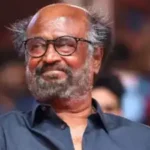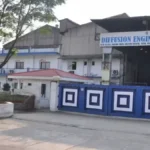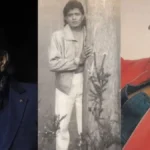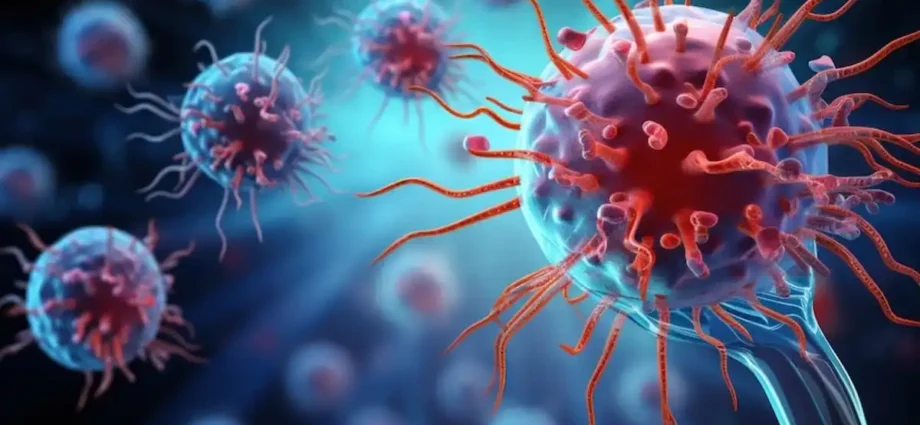Chikungunya News: After a decade, the city has recorded a sharp increase in chikungunya virus cases, particularly with unusual signs. A rapid reaction team (RRT) was formed to probe rare chikungunya virus treatment.
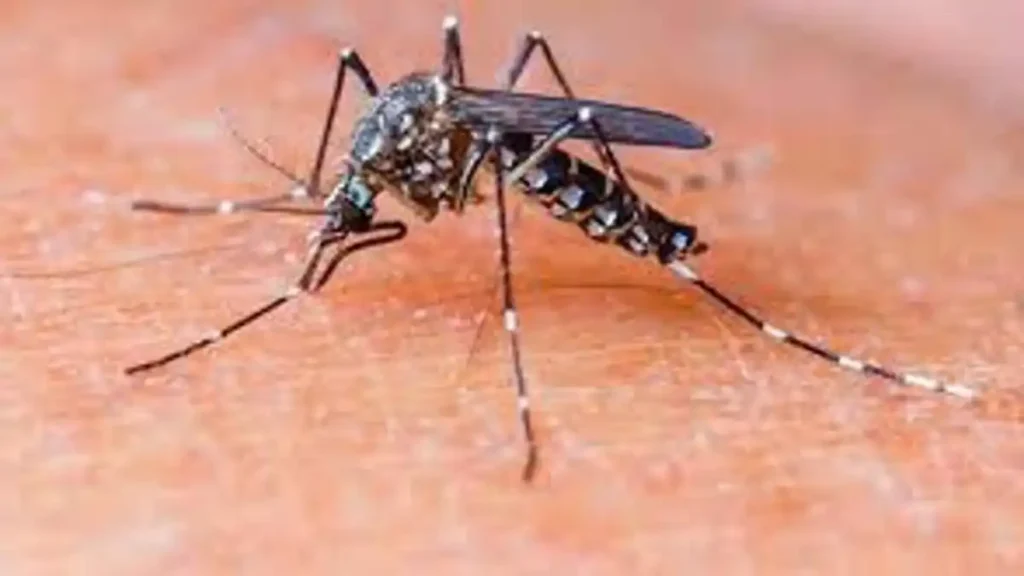
The state public health department has formed a rapid reaction team (RRT) to investigate the cause of the city’s recent increase in chikungunya virus cases with unusual symptoms and to find the treatment for those symptoms. CHIKV-positive patients are experiencing severe dengue-like symptoms and consequences.
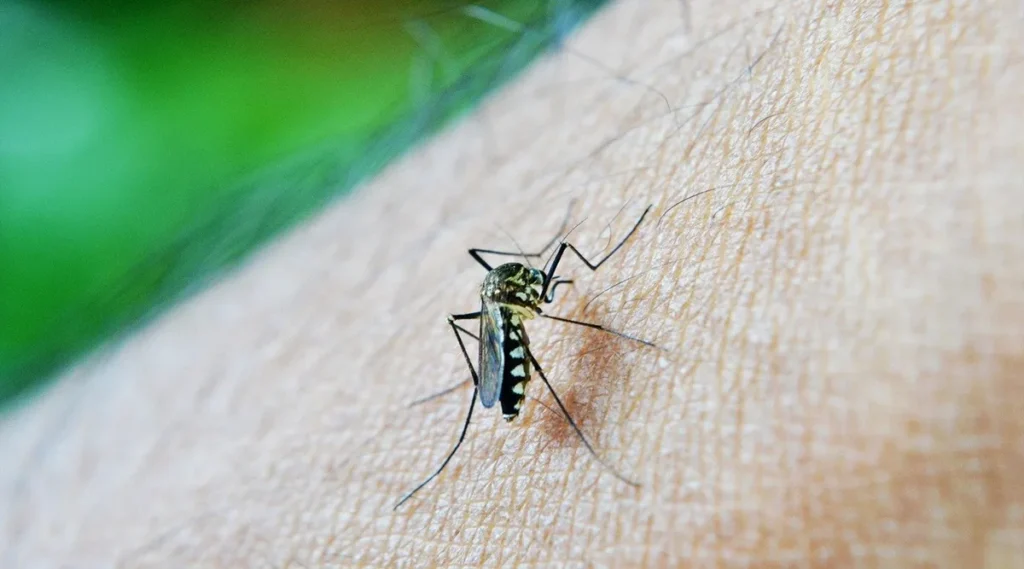
Doctors have seen serious complications from the chikungunya virus, including encephalitis, meningoencephalitis, myocarditis, gastroenteritis, renal damage, sepsis, and Guillain-Barré syndrome in both children and the elderly, according to officials.
Who are the members of the team?
On September 18, The RRT was founded and chaired by Dr. Radhakishan Pawar, joint director of health services.
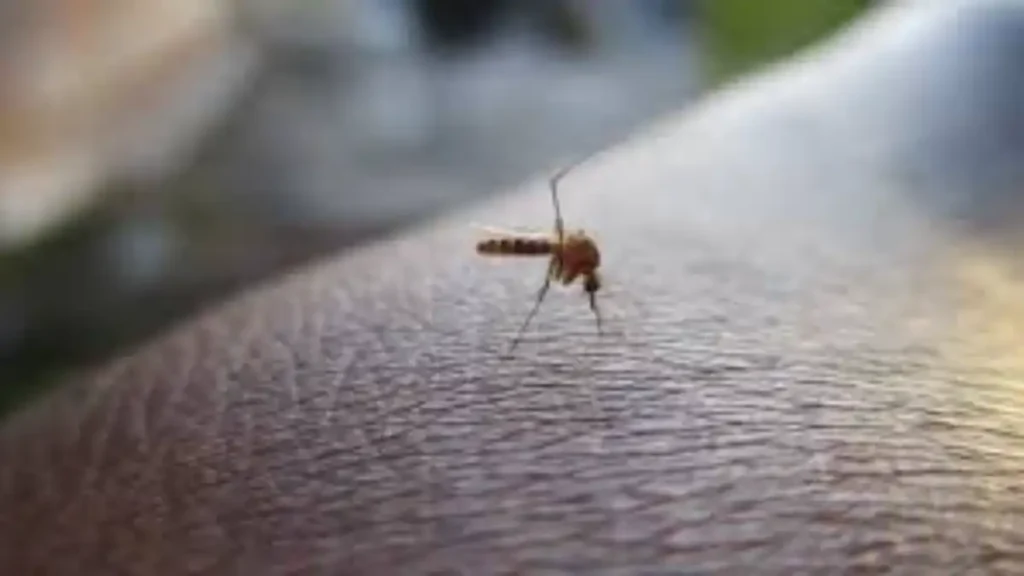
The team includes scientists from the National Institute of Virology (NIV), Dr. Babasahed Tandale and Dr. Anuradha Tripati; Dr. Rajesh Karyakarte, head of microbiology at BJ Medical College; Dr. Nagnath Redewar, head of the medicine department at BJMC; state entomologist Dr. Mahendra Jagtap; Dr. Premchant Kamble, assistant director of health services; Dr. Amol Mankar, public health specialist; Dr. Raju Sule, state surveillance officer; and Dr. Rajesh Dighe, head of the vector-borne disease control programme at Pune Municipal Corporation.
Dr. Pawar stated that it is critical to understand the cause of the rise in cases and the unusual manifestations found in infected patients.
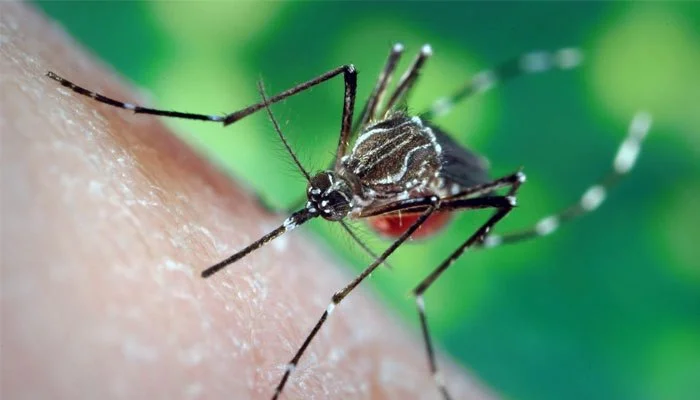
There have been 225 CHIKV cases reported in Pune, with 139 occurring alone in September. Treating doctors at metropolitan hospitals has witnessed significant consequences for the elderly and young, including those involving essential organs.
What did Doctors say about this situation?
Dr. Kamble stated that a guideline will be given soon to all private labs and hospitals to provide samples of chikungunya patients for whole genome sequencing at the NIV and BJMC, respectively.
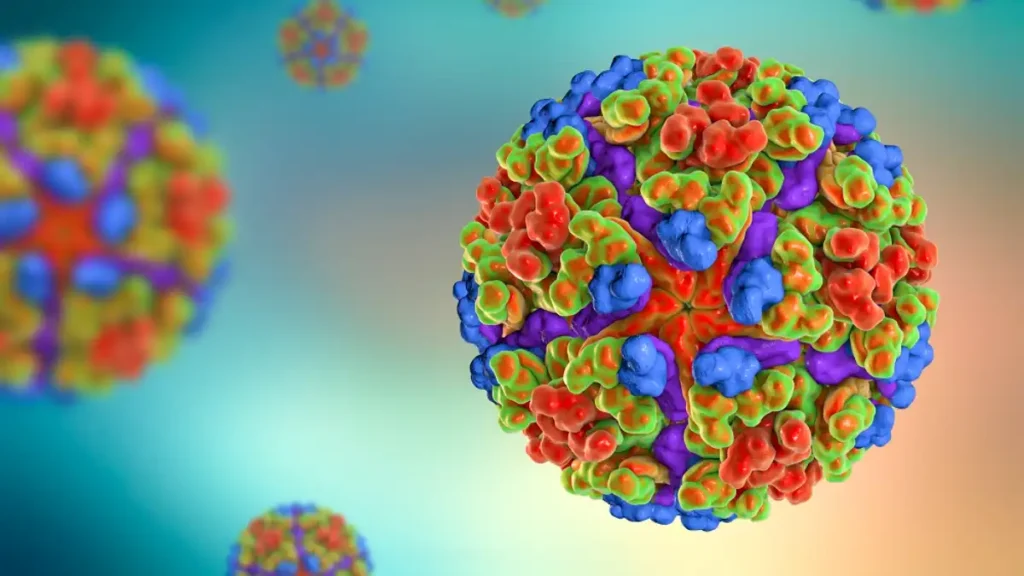
“A sample of asymptomatic chikungunya patients, patients with classic symptoms, and patients with uncommon presentations will be collected for testing. The virus will be isolated, and after sequencing, it will be obvious whether there is a mutation in the virus or a new virus strain is in circulation,” he stated.
Dr. Karyakarte stated, “We have all the resources to sequence the entire genome of the Chikungunya virus. We will also collect samples from patients admitted to Sassoon Hospital with chikungunya for sequencing. However, it is critical that the samples we obtain be collected at peak viraemia,” he explained.
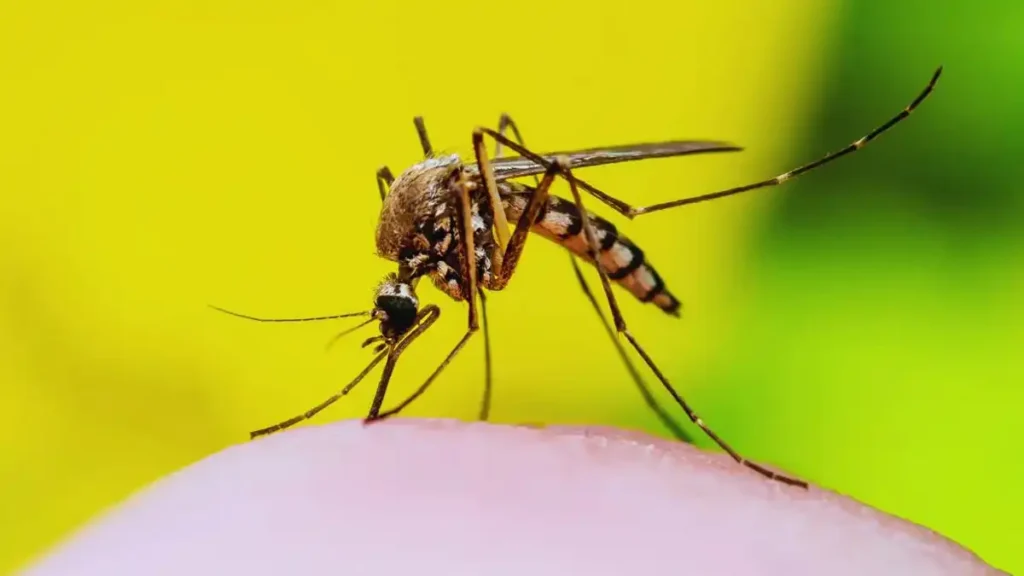
Dr Dighe stated that medical officers have begun visiting hospitals that have reported chikungunya cases with severe symptoms.
“Hospitals will be asked to furnish us with information about patients with rare signs, as well as samples from chikungunya patients for testing at NIV and BJMC. PMC will work with private hospitals, labs, NIV, and BJMC on samples and medical reports,” he stated.
Read more: Kerala Nipah Virus 2024: 134 peoples fall under high-risk category after recent death!

